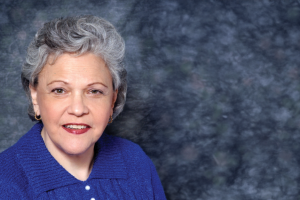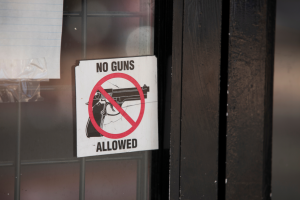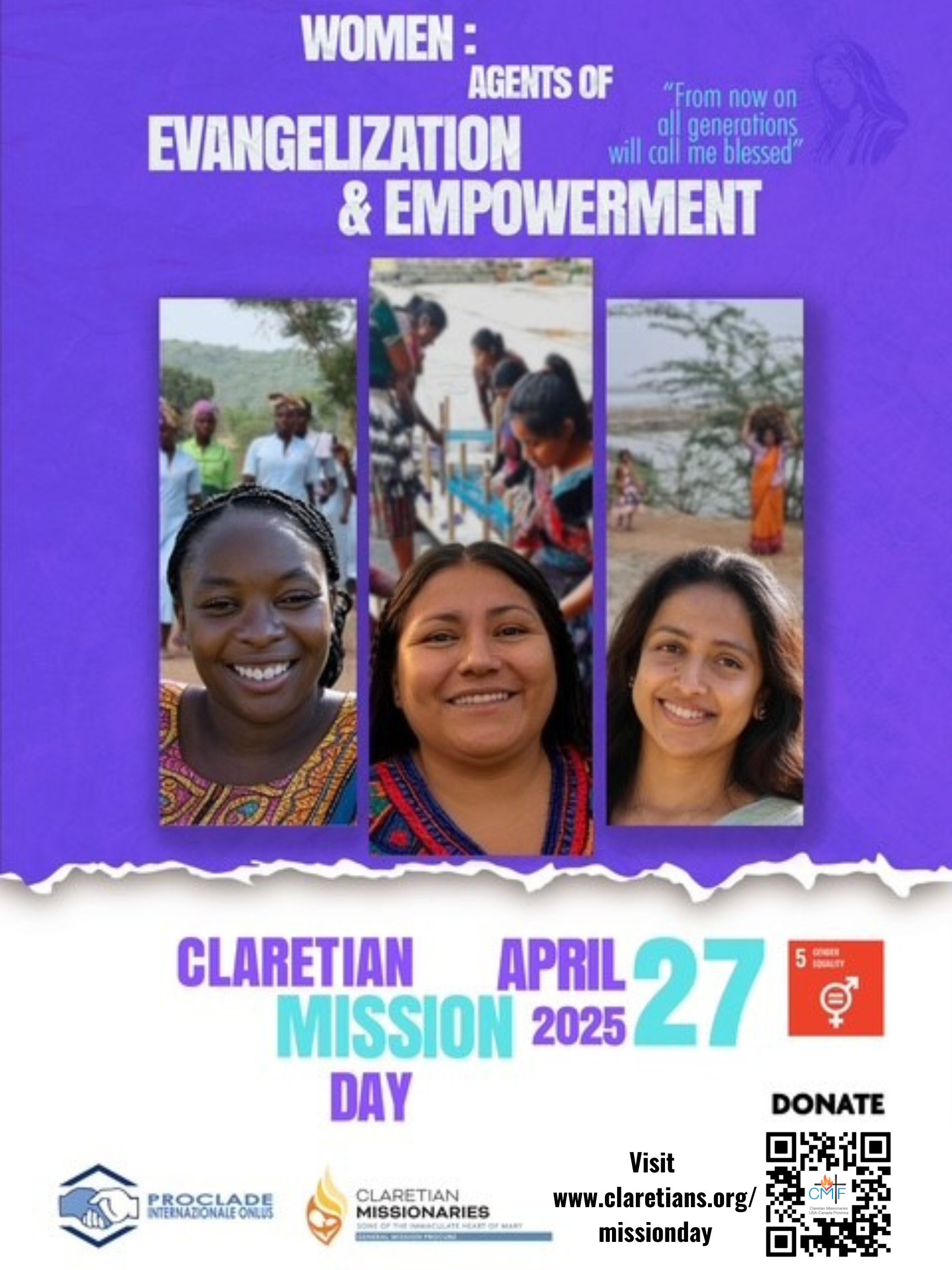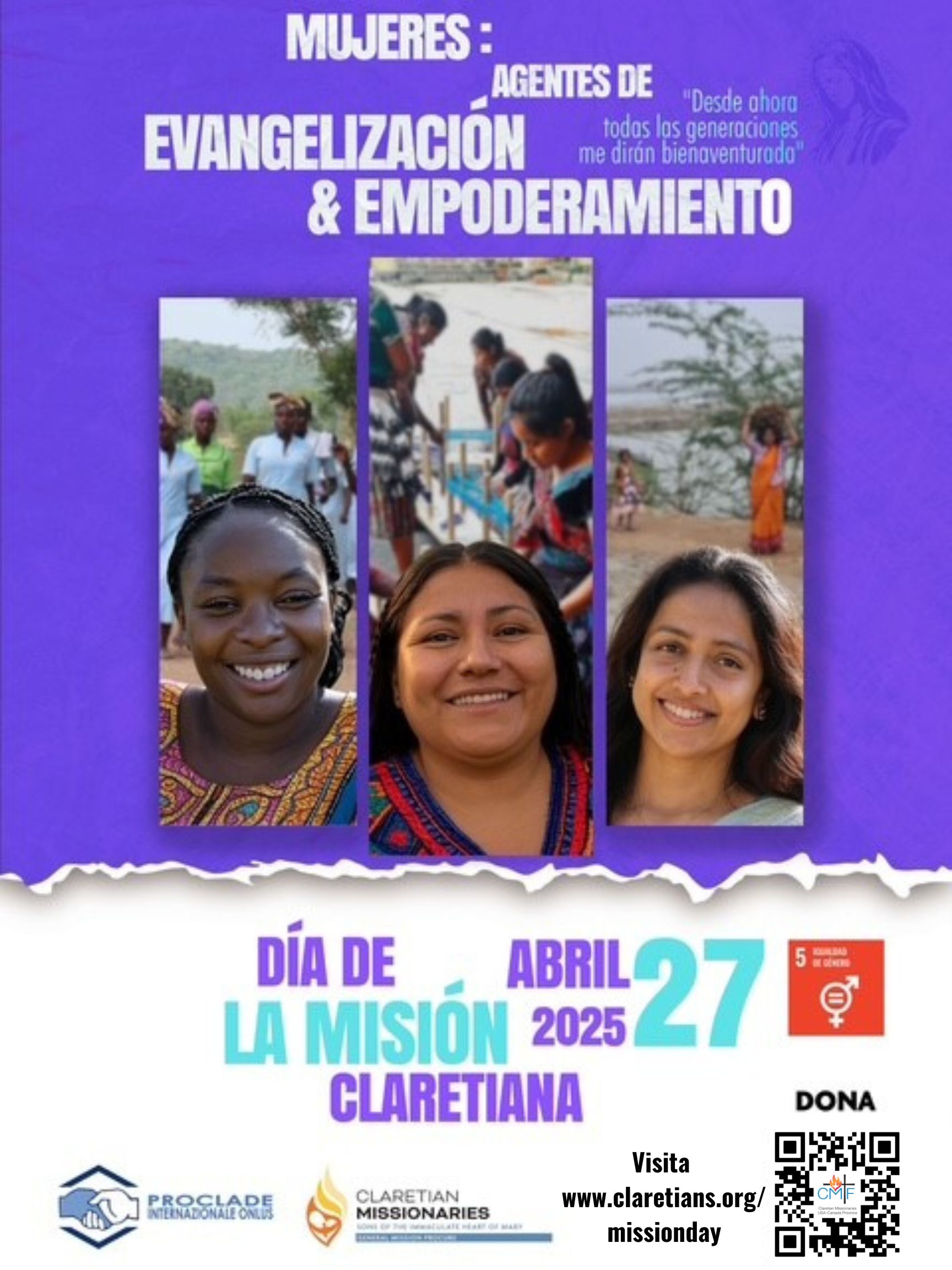Kids often face the stiffest sentence when their mother is behind bars. But support networks are helping to rehabilitate family relationships that have fallen on hard times.
Karen Golis, a volunteer mentor with Thresholds Ministry in Albuquerque, New Mexico, was standing in the lobby of the local social services bureau when the predictable happened. Her charge, ex-offender Myra (who asked that her last name not be used), entered the office of a caseworker, and Myra’s youngest son, who was about 3, dissolved into hysterics. The lobby became a scene of chaos as the security guard repeatedly demanded that Golis “get that kid out” while Golis tried to scoop up the screaming and kicking boy and carry him toward the door.
Children whose mothers have been incarcerated “are very, very distraught,” says Golis. “They easily have what I call ‘meltdowns.’ ” These scenes happen regularly in the lives of mothers who have just been released from prison, only many mothers do not have another adult to provide support. “It’s day by day, hour by hour,” says Golis. “It is very, very difficult without a whole lot of help.”
Several years ago, Golis had been sitting in the pew at Our Lady of the Most Holy Rosary in Albuquerque, looking over the church bulletin, when she saw an advertisement from the archdiocese seeking Thresholds volunteers. She attended an informational meeting and liked what she saw. Soon she became part of a network of church agencies, nonprofits, and individual volunteers across the country who fight to mitigate the damage done by what many believe to be a broken corrections system.
The system is especially harsh on women and children: According to statistics compiled by The Sentencing Project, since 1980 the number of incarcerated women has risen 637 percent—1.5 times the rate of incarcerated men. While the majority of men have been sentenced for violent crimes, the vast majority of women have been sentenced for nonviolent drug or property-related crimes.
Sixty-two percent of these women have children under the age of 18, and 50 percent are the sole and primary caregivers. Their children, especially those under 5, often suffer extreme trauma from being separated from their mothers. But there are a number of organizations that are working to help incarcerated women and their children establish and maintain relationships throughout the mother’s imprisonment and beyond.
Thresholds normally assigns a female ex-offender two women mentors, each of whom meets up with the transitioning woman once a week to help her with basic needs and logistical support, and to give her parenting advice. Myra’s case was more severe—she was recovering from addictions to methamphetamine and crack cocaine—so Franciscan Sister Sue Reif, founder of Thresholds, recruited not two but seven mentors to support her.
“When I got out of rehab for the first time, I had no aftercare, no meetings, no counselors, no medication. I wasn’t doing anything but white-knuckling it,” says Myra, who has been clean now for seven years. “The transitional support is the difference this time.”
Thresholds found Myra and her two sons an apartment when she left prison and rehab, a critical first step. The seven Thresholds women were then assigned schedules to track Myra because she had to be in so many different locations on any given day: Her elder son’s school, social services, job interviews, the Laundromat, and drug recovery meetings. They would pass her children off between their cars, one mentor driving Myra to her recovery meeting while another drove her sons home and fed them dinner.
“[Thresholds] has been very profound in my own faith life,” says Golis. “Our role as mentors is to kind of help [the women] to not feel so rejected. At the end of the year, as a mentor, what I get is a new friend. You see your mentee hitting all these goals they set a year ago. It’s the most wonderful thing to witness somebody sort of be resurrected and come back to life in a clean and healthy way. You see somebody coming back from the ashes.”
Will the kids be all right?
While sociological studies frequently cite the impact of fatherlessness on children’s welfare, the impact of a primary caregiver’s absence is far more profound, regardless of gender.
This is especially true during the earliest and most vulnerable years of a child’s life, when the presence of a consistent and reliable primary caregiver enables a child to eventually connect and generally relate to other people. If children experience unstable care during this critical period of brain growth, they can develop serious behavioral disorders. For the children of mothers who struggle with addiction, problems with early attachment and stability may be compounded by exposure to drugs.
Deborah Jiang Stein of Seattle was born addicted to heroin and spent a year in a prison nursery with her mother before entering the foster care system—the fate of 11 percent of all children of incarcerated mothers. Like the average child in foster care, Stein was bounced through three different homes over the course of three years before she was adopted by a pair of English teachers at the age of 4. Though she was never formally diagnosed, she believes the inability to form a strong relationship with a caregiver in her early years caused her to develop an attachment disorder. Additionally, the mere fact that her mother was incarcerated affected her. “I thought that [lawbreaking] was my destiny,” she says.
She is not the only child to feel this way. According to the Women’s Prison Association, children whose parents are incarcerated are five times more likely to commit crimes themselves.
Despite the great attention her adoptive parents gave her, Stein ended up spending a period of her life doing drugs and getting in trouble with the law. Fortunately, she was able to turn herself around. She eventually went to college and later founded the unPrison Project. These days she tours women’s prison facilities around the country to speak about her experience.
“I meet with mothers and let them know that children are really forgiving,” she says. “Many kids don’t know where their parents are because of the stigma. I think that children will forgive their parents for being incarcerated. Women just rain down tears. A lot of it [is] just being acknowledged and having some hope, not just grief.”
Thus far, Stein has spoken in front of about 15,000 women. Her memoir, Prison Baby (Beacon Press), will be out in March 2014.
Unlike Stein, Donnie Belcher Smith of Kansas City, Missouri became an overachiever rather than a troublemaker when her heroin-addicted mother was incarcerated for six years. She attributes her success to her grandmother, who exposed her to art and dance and filled her schedule with church clubs and activities. “I was so busy I didn’t have time to get into trouble,” Smith says.
Transitioning from the stability of her grandmother’s home back to living with her mother after she was released was difficult, especially because her mother struggled to find a job. That adjustment was horrifically compounded when Smith was raped by her mother’s boyfriend when she was just 12 years old. Despite this additional tragedy, she persisted in achieving high grades in school, working two or three part-time jobs, and immersing herself in extracurriculars.
Though her teen years were characterized by bitterness and anger toward her mother, eventually she reached a place of forgiveness. “I think a lot of people who have substance abuse problems are self-medicating. It’s ultimately about some trauma that was never addressed,” says Smith. “Sometimes God allows you to go through things so that you can become a warrior for others. When you look at it that way, you don’t have time to not forgive, to be angry or selfish.”
Today, Smith runs a nonprofit organization, Donda’s House, based at St. Sabina Parish in Chicago. The organization is named for Dr. Donda West, mother of hip-hop star Kanye West. The program teaches at risk teens how to write and record music and to create art.
Women with nobody
Leslie Brown had been beaten and threatened with knives and guns by her husband multiple times over a period of years. Brown eventually hired a family friend to murder her husband and was sentenced to 20 years in prison. In 1989, then-Illinois Governor Jim Thompson granted Brown clemency after she had served seven years of her sentence. Upon her release, she worked with her church to establish a halfway house in Chicago, Leslie’s Place, where ex-offenders can stay until they find a job and an apartment.
“I was blessed. I had a supportive family. My family regularly visited me,” says Brown. As happens in the case of 45 percent of incarcerated women, Brown’s six children were cared for by their grandmother while Brown was incarcerated. Because the story was in the papers, the children were teased at school, and they went from living on the income of two working parents to that of a single retiree. But the children’s grandmother instilled in them that Brown loved them.
“[My kids] never threw it up in my face about being away and what I did to their dad,” says Brown. “I witnessed many women not having that. I witnessed a lot of them just having nobody.”
Golis and Reif both note the lack of visitors in women’s prisons. Men in prison often have wives and girlfriends who visit them and bring their children. Women in prison are usually single. Even if family members want to visit, the distance to travel can be too costly and difficult for aging grandparents.
The problems continue when women are released. Some, like Myra, are given responsibility for their children almost from the moment they leave prison, even if they have less than $50 in assets. Brown lets the children of these women stay at Leslie’s Place, too. Unfortunately, the state of Illinois gives Brown funding only for each ex-offender she takes in; they will not reimburse her for the care of the children. She must take these expenses on herself.
Empowered to parent
One of the greatest challenges incarcerated mothers face as parents is the guilt and shame over their failure to be ideal caregivers to their children. Nationwide, 90 percent of women’s prisons offer parenting classes, but even though these have been shown to reduce recidivism and to improve outcomes for children, they reach only 12 percent of prisoners.
Parenting Inside Out, a highly successful parenting program that started in Oregon, discourages mothers from focusing on feelings of shame. “Parents who parent from guilt and shame tend to be too permissive with their children, which can lead to children having the same kinds of problems with the corrections system as their mothers,” says Mindy Clark, the program coordinator. “It’s safer and healthier to start from scratch.”
For this reason, Parenting Inside Out instructors approach incarcerated mothers as the experts on their own children—experts who might like a few additional tools in their toolboxes. The program’s tactics are based on decades of psychological studies as well as dozens of focus groups with incarcerated parents, their children, and their children’s substitute caregivers. The result is a course that uses cognitive behavioral therapy to “retool” certain key skills such as communication and mood management.
The program also charges parents with the care of a stuffed bear. When they graduate from the 12-week program, they bequeath the bear to their children in a ceremony.
In the Portland, Oregon area, Catholic Charities has partnered with Parenting Inside Out to deliver classes to ex-offenders in the community. Parenting Inside Out already has a presence in all of Oregon’s prisons, which have a recidivism rate of only 23 percent, the lowest in the country. The organization is also providing training for corrections systems in several other states.
The first study conducted on Parenting Inside Out showed a 30 percent drop in recidivism in participants as well as a significant drop in substance abuse. It is hoped that children will benefit from the program as much as their parents do. In focus groups, children said the thing they wanted most was to know they were an important part of their parents’ lives. They already love the games and the stories in the letters that their parents in the program send them.
Beating the odds
Dominican Sister Esther Heffernan is a sociology professor at Edgewood College in Madison, Wisconsin. Her book on women’s incarceration, Making It in Prison: The Square, the Cool and the Life (John Wiley and Sons), is considered a seminal work in criminology. Given how difficult it is for ex-criminals to find a job and a safe social network after incarceration, mothers who lose their connection with their children while in prison often relinquish any incentive to get clean. This is especially true given that, thanks to the Federal Adoption and Safe Families Act of 1997, children in foster care can be put up for adoption if their primary caregiver has not “substantially or continuously and repeatedly [maintained] contact” with them for 15 months.
Heffernan recognized the value that a church-run visiting program could have for both incarcerated mothers and their children. She helped set up a visitation program, Family Connections, to bus children to the women’s prisons in Wisconsin once a month. Conscious of the very poor literacy that is common among incarcerated women and of their desire to be role models for their children, she also started Reading Connections, in which volunteers film a woman prisoner reading a children’s book aloud to a group of children. The book is then mailed to that woman’s child along with a letter she has written and the video.
After the funding for Heffernan’s program was cut, an interfaith nonprofit organization, Madison-area Urban Ministries (MUM), took Family Connections over and added a complementary outreach focused specifically on children’s needs. In Mentoring Connections, children whose parents are incarcerated are matched with a trained adult mentor who meets with them once or twice a week to take them on outings and to provide additional adult support. Despite the high risk that children in Mentoring Connections face, over the course of nine years MUM has seen only three become involved in the juvenile corrections system.
Azure Fudge Hart serves on the board of MUM. She says that most of the children in Mentoring Connections keep the whereabouts of their parents a secret, but when they come together for MUM events, they can be honest. “Kids need to know that they are not alone, they are not the only one, and they need to see other people who have succeeded and are not part of the system,” says Hart.
Death and resurrection
Aside from the critical help in transitioning ex-offender mothers into jobs and housing, the one need both mothers and children mention frequently is psychological counseling to process the emotions that surround the mother’s dysfunctional behavior. The church has delivered this in some form to prisoners through spirituality groups and support groups for ex-offenders, caregivers, and children. Reif of Thresholds now operates one of California’s restorative justice programs, which Donnie Belcher Smith cites as very effective for bringing victims and criminals together to understand one another’s stories.
Another form of church ministry that provides therapeutic help is arts education. Visual art, creative writing, music, and theater classes teach both mothers and children a healthy, inexpensive kind of “self-medication” that builds rather than destroys their social and intellectual skills. As a young Chicago playwright, Lisa Wagner-Carollo, who comes from a theatrical family, realized this. When Benedictine Sister Patricia Crowley invited her to start a drama education and performance group for incarcerated women, she jumped at the chance.
Carollo’s Stillpoint Theatre Collective operates a creative writing and drama program in three Illinois correctional facilities entitled the Persephone Project. Stillpoint also runs a Chicago-area performance group made up entirely of formerly incarcerated women called Sisters Rising. The women in Sisters Rising are paid for their work.
For Yolanda, a former heroin addict who spent six months in jail for a low-level drug crime, Sisters Rising has been critical to her life after incarceration. Not only did it provide her with a drug-free social support group, but it has allowed her to process and understand the life circumstances that led her toward heroin.
“That’s what’s important, getting those mothers on the road to forgiving themselves. They have to forgive themselves before they can ask for forgiveness from their children and others,” says Yolanda. “When my children are [at my performances] and hear me and see the expression on my face, it raises their awareness that I was a person who was suffering. They see I didn’t suffer to make them suffer. They see that I was lost.”
This article appeared in the January 2014 issue of U.S. Catholic (Vol. 79, No. 1, pages 22-25).
Want to read more? Learn more about the problems women face in a broken prison system with this web-exclusive sidebar.














Add comment